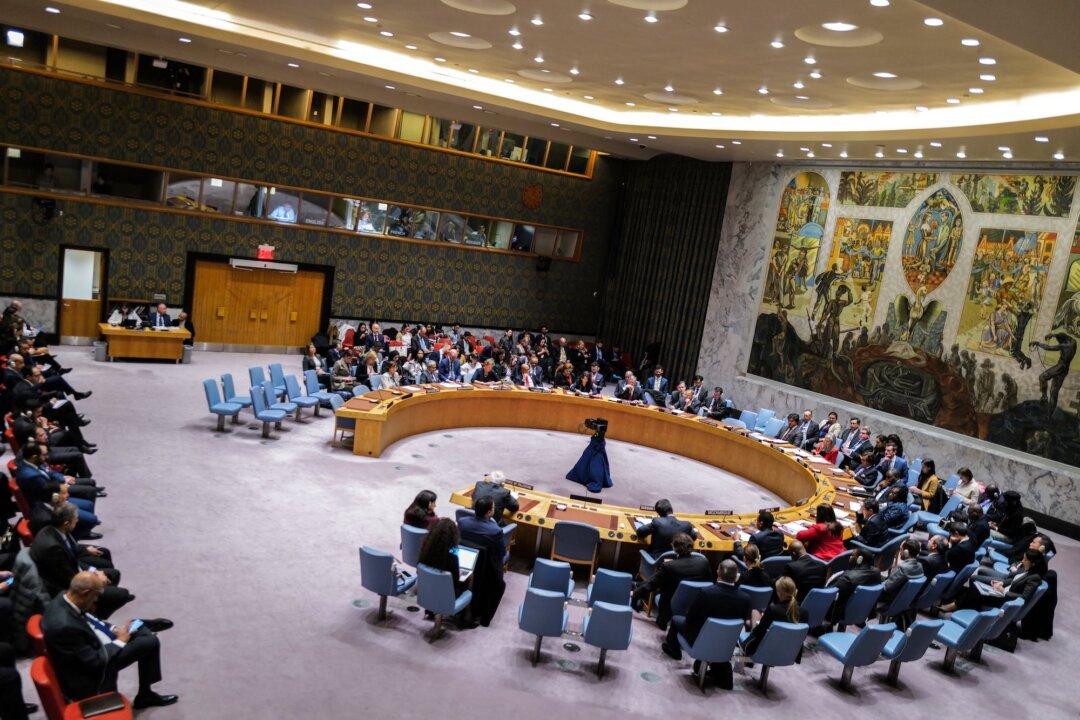Just days after the United States used its veto power to scuttle a UN Security Council resolution calling for a ceasefire in Gaza, the prime ministers of Australia, New Zealand, and Canada have issued a rare joint statement saying all three countries are in favour of the proposal.
Australia has also voted in favour of a ceasefire in the UN General Assembly, after abstaining from voting on the issue in October.





